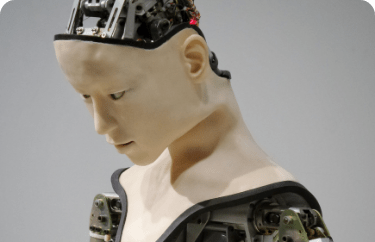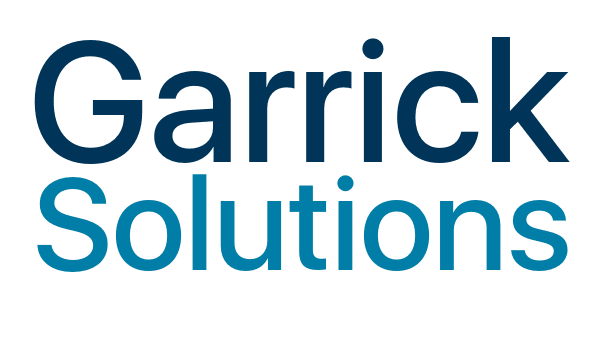The Role of Artificial Intelligence in Streamlining Healthcare Workflows
- Ijeoma
- July 19, 2023
HOW CAN ARTIFICIAL INTELLIGENCE IMPROVE EFFICIENCY?
In this article, we will explore the various ways in which AI is transforming healthcare delivery, improving efficiency, and ultimately, enhancing patient care. In recent years, artificial intelligence (AI) has emerged as a powerful tool with the potential to revolutionize numerous industries. One area where it has shown tremendous promise is healthcare. With its ability to process and analyze large volumes of data quickly and accurately, AI is playing an increasingly pivotal role in streamlining healthcare workflows. There are various ways through which AI can improve your business efficiency and they include:
- Automating administrative tasks: One of the primary benefits of AI in healthcare is its capacity to automate administrative tasks. Mundane activities such as appointment scheduling, billing, and documentation can be time-consuming and prone to errors. AI-powered solutions, such as virtual assistants and chatbots, are being employed to handle these tasks efficiently. By automating administrative processes, healthcare professionals can focus more on patient care, leading to increased productivity and reduced administrative burden.
- Enhancing diagnostic accuracy: AI algorithms have proven to be highly effective in analyzing medical images and data for diagnostic purposes. By applying machine learning, AI systems can quickly spot patterns and anomalies in medical imaging scans, enabling early detection of diseases and facilitating timely intervention. This technology, known as computer-aided diagnosis, not only improves diagnostic accuracy but also helps radiologists and other specialists make more informed decisions, leading to improved patient outcomes.
- Supporting clinical decision-making: AI-powered systems can provide clinicians with real-time data analysis and evidence-based recommendations, thus supporting their decision-making process. By analyzing vast amounts of patient data, AI algorithms can identify potential risks, predict disease progression, and suggest appropriate treatment plans. This assistance can help healthcare professionals make more accurate and personalized treatment decisions, leading to better outcomes and reducing the likelihood of medical errors.
- Optimizing resource allocation: In large healthcare facilities, efficient resource utilization is crucial for providing timely and effective care. AI can assist in optimizing resource allocation by analyzing historical data, patient admission trends, and discharge patterns. By accurately predicting patient inflow and demand, AI algorithms can aid in proper staffing allocation, bed management, and inventory control. This can reduce waiting times, improve patient flow, and enhance overall operational efficiency.
- Facilitating remote patient monitoring: With the rise of telehealth and remote patient monitoring, AI is playing a significant role in ensuring continuous and remote healthcare delivery. AI-enabled wearables and sensors can collect real-time data about patient vitals, activity levels, and medication adherence. These devices can alert healthcare providers when intervention is needed, mitigating risks and potentially preventing hospital readmissions. By remotely monitoring patients, AI technology enables continuous care, reduces unnecessary hospital visits, and improves overall patient satisfaction.

Robotic Process Automation
Feel free to get in touch with our experts.
The integration of AI into healthcare workflows is ushering in a new era of enhanced patient care and operational efficiency. From automating administrative tasks to improving diagnostic accuracy and supporting clinical decision-making, AI is revolutionizing healthcare delivery. With further advancements and increased adoption, AI has the potential to transform the entire healthcare ecosystem, making it more patient-centric, cost-effective, and accessible to all. As technology evolves, it is imperative for healthcare professionals to embrace AI and harness its immense benefits to provide better healthcare outcomes for patients worldwide. At Garrick Solutions, we understand the unique challenges faced by healthcare organizations and specialize in delivering tailored automation solutions. Contact us to get a free consultation and let’s explore how automation can transform your healthcare supply chain and drive improved outcomes for your organization.


